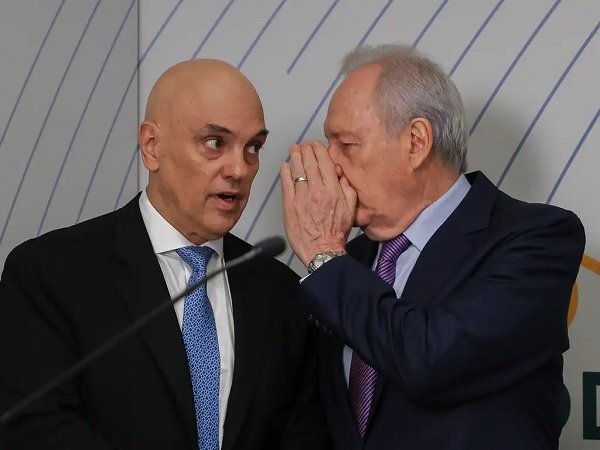The Federal Supreme Court (STF) unanimously defined a clarification on the limits for the actions of the Armed Forces. By 11 votes to 0, the Court ruled that the Constitution does not allow “constitutional military intervention” nor does it encourage a democratic rupture.
This Content Is Only For Subscribers
To unlock this content, subscribe to INTERLIRA Reports.
Moderating Power
With the result, the STF also rejects the thesis that the Armed Forces would be a “moderating power” – that is, a higher body to mediate possible conflicts between the Legislative, Executive, and Judiciary.
Article 142
Article 142 of the Constitution says that the Armed Forces, made up of the Navy, the Army, and the Air Force, are permanent and regular national institutions, organized based on hierarchy and discipline, under the supreme authority of the President of the Republic, and are intended to the defense of the Fatherland, the guarantee of constitutional powers and, on the initiative of any of these, law and order.
The ministers judged an action that questions parts of a 1999 law that deals with the actions of the Armed Forces. The PDT contested three parts of the law: hierarchy “under the supreme authority of the President of the Republic”; definition of actions for the allocation of the Armed Forces following the Constitution; attribution of the President of the Republic to decide on the request of the other Powers on the use of the Armed Forces.
Elon Musk
Businessman Elon Musk, owner of the social network X (former known as Twitter) attacked on Saturday (06/04) the decisions of Minister Alexandre de Moraes, of the Federal Supreme Court (STF), and threatened to reactivate the profiles of users blocked by the courts.
During investigations, Moraes ordered social networks to block the accounts of some people being investigated. According to the minister, they used the platforms to commit the irregular practices that are being investigated.
Blocked Accounts
– Allan dos Santos: in the survey of digital militias in 2020 and 2021. He would have used his social networks to propagate ideas that undermined the Democratic Rule of Law.
– Roberto Jefferson: the former deputy had his accounts taken down in 2020 and 2021 to stop the use of profiles for possible criminal conduct.
– Daniel Silveira: the former federal deputy had his accounts blocked after recording a video criticizing STF ministers.
– Luciano Hang: the businessman had his accounts blocked after it was discovered that he was part of a WhatsApp group of businesspeople in which coup theories were discussed.
– Oswaldo Eustáquio: the journalist became the target of an investigation on suspicion of encouraging anti-democratic acts on September 7, 2021.
Ongoing Investigation
After threats and attacks from businessman Elon Musk, Minister Alexandre de Moraes, of the Federal Supreme Court (STF), ordered that his conduct be investigated in a new investigation. He also included Musk among those investigated in the existing digital militia inquiry.
Moraes also ordered that Network X not disobey any order from the Brazilian Court. And he stipulated a fine of R$100,000 for each profile he irregularly reactivates.
Repercussion
Musk’s statements generated responses among politicians and authorities.
The Minister of the Attorney General’s Office (AGU), Jorge Messias, said that Brazil needs to approve social media regulations to prevent businesspeople based abroad from attacking the Democratic Rule of Law, failing to comply with court orders, and threatening our authorities.




